April 15, 2025 | 06:38 GMT +7
April 15, 2025 | 06:38 GMT +7
Hotline: 0913.378.918
April 15, 2025 | 06:38 GMT +7
Hotline: 0913.378.918
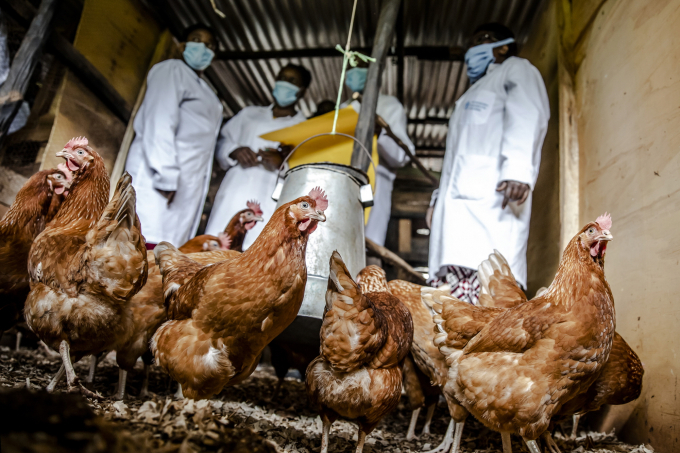
Trainees inspect chickens at a veterinary farm outside Nairobi, Kenya. Photo: Luis Tato/FAO
The world must be alert to new threats from animal diseases, with COVID-19 underlining the need for greater vigilance, the Food and Agriculture Organization of the United Nations (FAO) urged today, as it launched a new global animal disease information system.
“We need to prioritize and strengthen the animal health sector“ FAO Director-General QU Dongyu said at an event to launch the EMPRES-i+ system. He added: “Strong international and national animal health systems are key to prevent diseases, ensure safe and nutritious food, and protect farmers’ interests.”
Today’s globalized and hyper-connected world allows the rapid spread of diseases across borders. In this context, disease intelligence systems need to be far more efficient at capturing big data, far more sensitive to detect unusual events, and have the ability to rapidly share information.
The new web-based system will better support countries in identifying and mitigating serious animal disease threats, Qu said, noting that the COVID-19 pandemic highlighted the challenges and importance of early warning.
EMPRES-i+ replaces an earlier version, EMPRES-i, which was first launched in 2004 and has been widely used by hundreds of stakeholders ranging from local communities to global development partners.
+cloud-based platform with ability to link to other data platforms from public health, animal health, and environmental sectors. This will help users to easily access data from other sectors, and use information they need for further analysis.
+advanced data analytics for users to easily identify disease events and trends. Moreover, it will also help countries to plan their disease control approaches and target interventions.
+forecasting and early warning functions to allow countries to monitor disease spreading and the risk of new outbreaks. From this function, countries will be able to prepare for possible disease outbreaks early in advance.
FAO regards animal health as critical to food and nutrition security and to achieving many of the Sustainable Development Goals, especially those related to improving production, eradication of poverty, ending hunger and ensuring healthy lives for all. Its work on animal health is part of an integrated One Health approach focusing on managing risks at the interfaces between animals, humans and plants.
Among the major current animal diseases threatening food security and livelihoods, is African Swine Fever, which according to the Asian Development Bank, has already inflicted losses in the region of between $55 billion to $130 billion, and has recently also reached the Americas.
The FAO Director-General linked the importance of the new system’s launch to UN World Development Information Day on October 24, highlighting how the power of information technology can be harnessed for FAO’s objectives of better production, better nutrition, better environment and a better life for all, leaving no one behind.
“The new EMPRES-i+ underlines the value of early warning information systems for improving lives and livelihoods. But this can only be achieved through collective information sharing and early action,” he said.
EMPRES Global Animal Disease Information System (EMPRES-i) is a web-based application that has been designed to support veterinary services by facilitating regional and global disease information. Timely and reliable disease information enhances early warning and response to transboundary animal diseases (TADs) including emergent zoonoses, and supports their progressive control and elimination.
EMPRES-i aims to clarify disease events worldwide that FAO receives from different sources: country or regional project reports, field mission reports, partner Non-Governmental Organizations (NGOs), cooperating institutions, government Ministries of Agriculture and Health, FAO in-country representations or other United Nations agencies, public domains, the media and web-based health surveillance systems. For verification purposes, EMPRES uses not just official, but also unofficial sources of information (such as in-country assistance projects and personal contacts with NGOs and other institutions). This allows maintaining a good level of awareness on TADs and zoonoses. This information is used to generate and disseminate early warning messages, but it is also fed into the EMPRES-i database and disposed (when confirmed or denied) in a structured and digested format to the public.
EMPRES-i provides updated information on global animal disease distribution and current threats at national, regional and global level. It also provides access to publications, manuals and other resources, such as contact details of Chief Veterinary Officers (CVOs).
The EMPRES-i platform is an EMPRES initiative, conceived in response to the growing demand of users for animal health information systems, one-touch disease information gathering and sharing formula. The system is under continuous development and new features will be added in the future. Particularly there are a lot of improvements in progress to make the system faster and to enhance the geographical mapping features (i.e. adding new layers). For the moment, public users can access the following features:
(FAO)
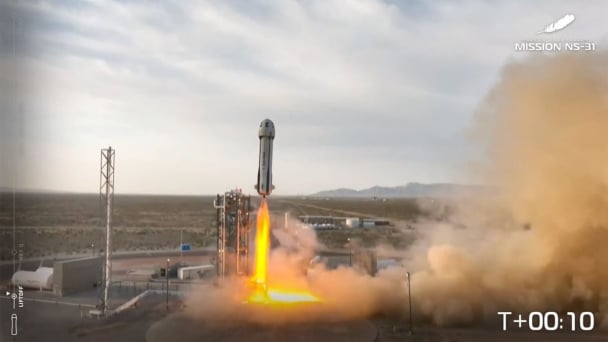
(VAN) 169 lotus seeds selected by the Vietnam Academy of Agricultural Sciences were carried into space by Vietnamese-American astronaut Amanda Nguyen.
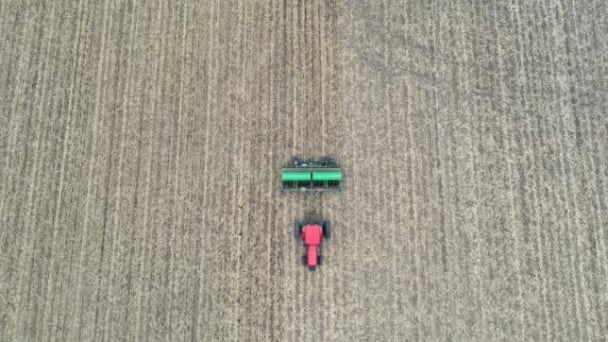
(VAN) Tariffs are making life more expensive for John Pihl. He's been farming in Northern Illinois for more than 50 years.
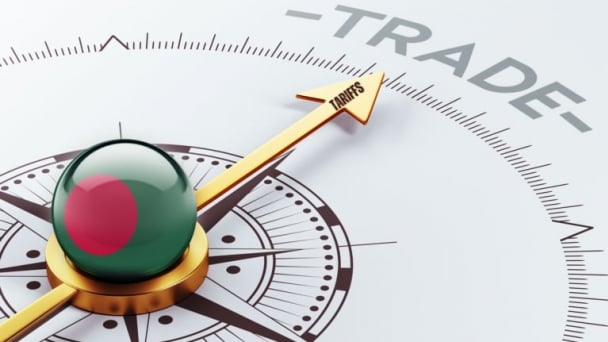
(VAN) European and American farmer organisations are concerned about the import tariffs that the United States introduced on 9 April for products from the European Union. This makes them 20% more expensive.
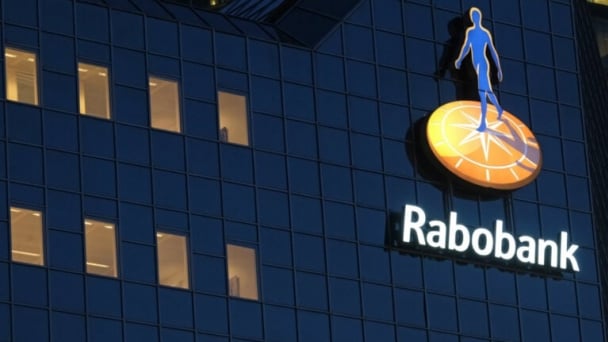
(VAN) Global poultry trade is expected to remain strong amid relatively tight global protein supply and growing consumption, RaboResearch concludes in its latest animal protein report.
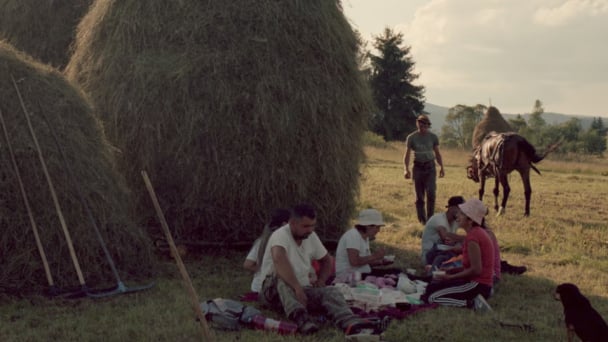
(VAN) Traditional methods benefit hundreds of species but as new agricultural techniques take over, the distinctive haystacks mark a vanishing way of life.

(VAN) The nation’s top banks are quietly advising their clients on how to build a financial life raft - or perhaps life yacht - from the wreckage of runaway climate change.
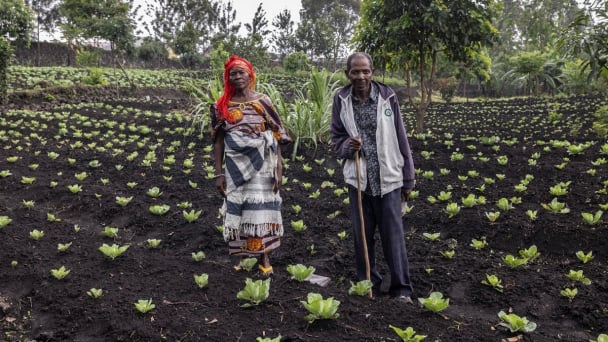
(VAN) From FAO Office in the Democratic Republic of the Congo.